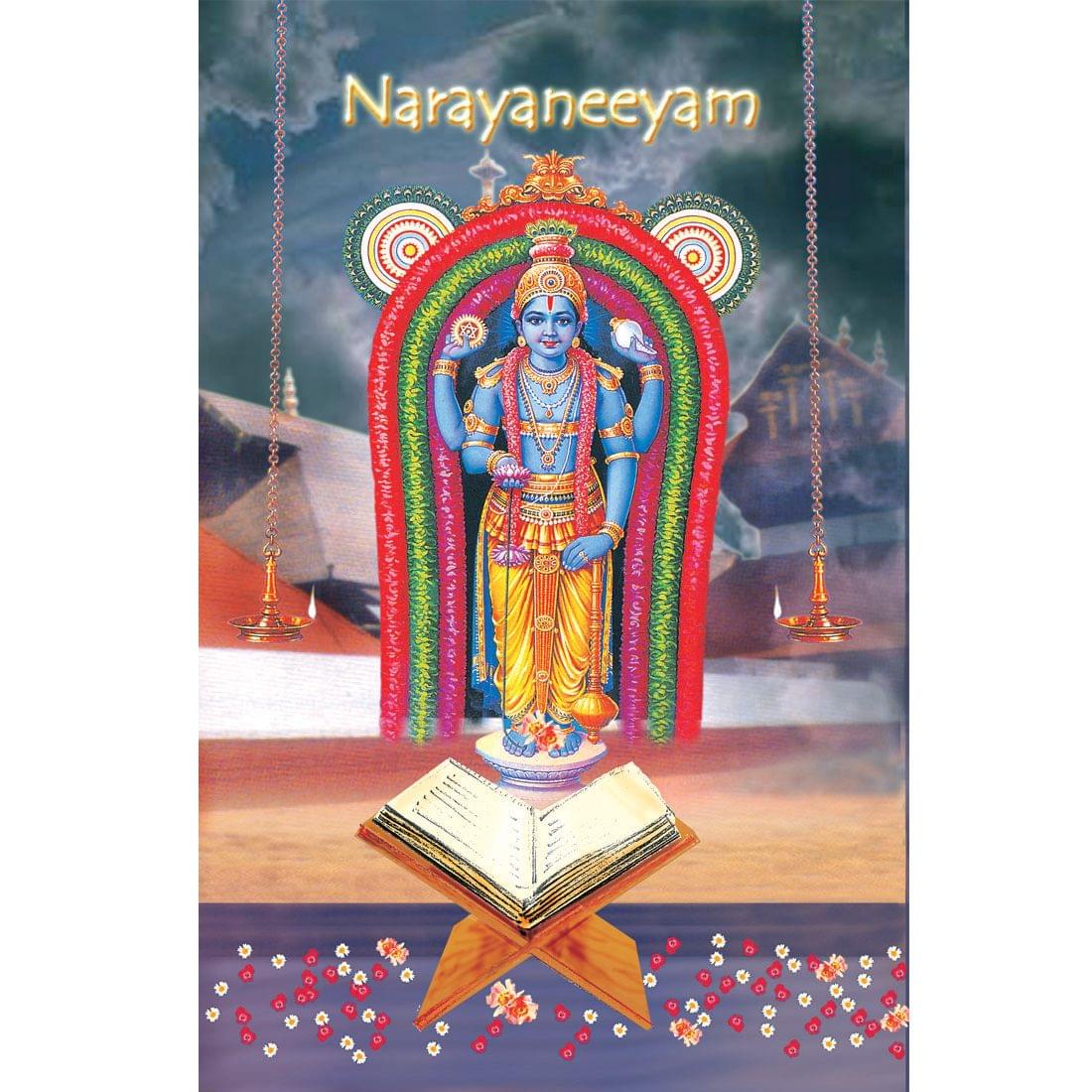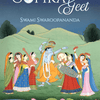Shri S.N. Shastri I.R.S (Retd.)
Narayaneeyam is backordered and will ship as soon as it is back in stock.
Couldn't load pickup availability
Make a bulk order enquiry
Product Description

Inspiring Right Living

Rooted in Wisdom

An Offering of Love

Product of Bharat
Product Description
Sriman Narayaneeyam is a devotional work of a little over one thousand verses by the famous devotee-poet Sri Melpathur Narayana Bhattatiri who lived in Kerala in the 16th century A.D. This work is acclaimed by scholars as a stotrakavya, a superb outpouring of devotion as well as a literary work of a very high order. It is a masterly condensation of Srimad Bhagavata, considered to be the greatest of all the Puranas. In addition to being a devotional work Sriman Narayneeyam contains the gist of all the Upanishads and is therefore, a work of great significance from the Vedantic point of view also.
This commentary in English by S.N.Sastri conveys to the reader the extraordinary poetic quality of the work and brings out the Vedantic import of the verses in an elaborate and lucid manner. Pujya Gurudev Swami Chinmayananda has said in his foreword to the first edition of this commentary, "I am sure the reader will enjoy many flights at superhuman heights in the journey through Sastri's exposition of the immortal Narayaneeyam."












